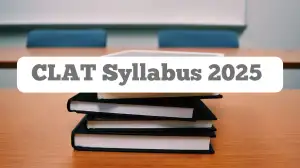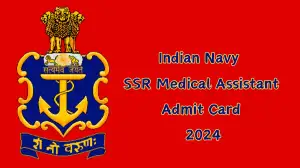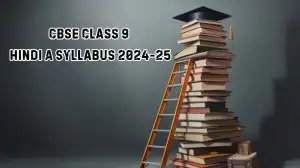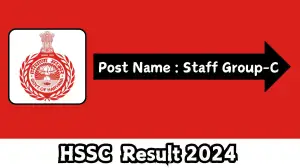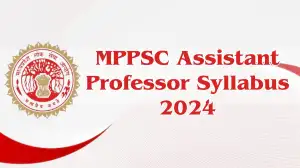GATE Exam Pattern 2025, Syllabus, Eligibility, Application Process and More
by P Nandhini
Updated May 08, 2024
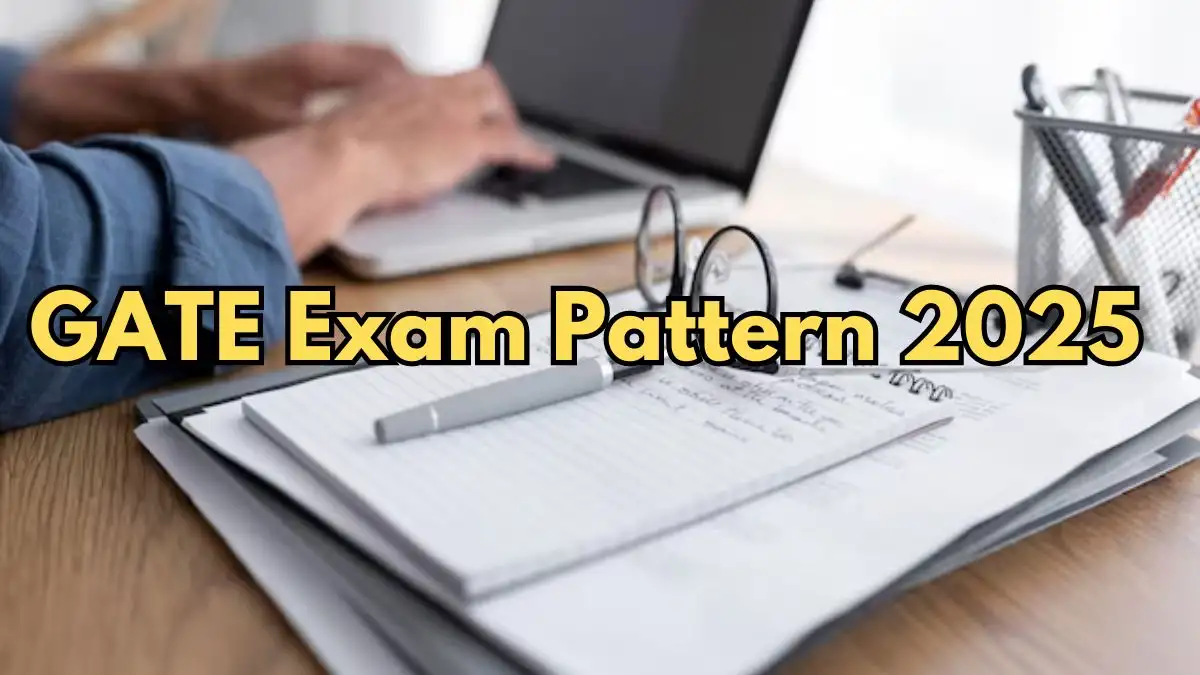
GATE Exam 2025
The GATE Exam 2025 is a national-level test held to check how well people understand subjects they've studied in college. It's called the Graduate Aptitude Test in Engineering, or GATE for short. This exam is essential for those who want to pursue higher education in fields like Engineering, Technology, Science, Architecture, and Humanities.
It's also helpful for getting jobs in government organizations and public sector companies. The exam has three parts: General Aptitude, Engineering Mathematics, and a specific subject chosen by the candidate. It's a computer-based test where candidates have to answer multiple-choice questions, multiple-select questions, and numerical answer-type questions.
It will be organized by IIT Roorkee, and candidates can start applying online once the application forms are available.
GATE Exam Pattern 2025
| Specifications | Details |
|---|---|
| Examination Mode | Computer Based Test (CBT) |
| Duration | 3 Hours |
| Number of Subjects (Papers) | 30 |
| Sections | General Aptitude (GA) + Candidate's Selected Subjects |
| Type of Questions | Multiple Choice Questions (MCQ), Multiple Select Questions (MSQ), and Numerical Answer Type (NAT) Questions |
| Questions for testing abilities | Recall, Comprehension, Application, Analysis & Synthesis |
| Distribution of Marks in most Papers | - General Aptitude: 15 marks - Engineering Mathematics**: 13 marks - Subject Questions: 72 marks Total: 100 marks |
| Distribution of Marks in specific Papers | - General Aptitude: 15 marks - Subject Questions: 85 marks Total: 100 marks |
| Marking Scheme | Questions carry 1 mark or 2 marks |
| Negative Marking | - For a wrong answer in MCQs: 1/3 mark deduction for 1-mark MCQs, and 2/3 mark deduction for 2-mark MCQs |
| - No negative marking for MSQ or NAT questions |
Syllabus 2025
| Sections | Topics |
|---|---|
| General Aptitude | - Verbal aptitude: Basic English grammar, vocabulary, reading comprehension - Quantitative aptitude: Data interpretation, numerical computation, statistics, probability |
| Engineering Mathematics | - Linear Algebra: Vector spaces, matrix algebra - Calculus and differential equations: Functions, limits, derivatives, integrals, differential equations |
| - Complex analysis and Numerical methods: Analytic functions, integrals, solutions of nonlinear equations, convergence criteria | |
| - Probability and Statistics: Mean, median, mode, random variables, distributions, correlation, regression | |
| - Discrete Mathematics: Sets, relations, functions, permutations, combinations, counting, graphs, Boolean algebra | |
| Specific subjects | Varies according to the chosen discipline |
Eligibility Criteria
Application Process
-
Registration: Candidates need to register on the GOAPS 2025 portal for GATE 2025. Basic details like name, mobile number, and email ID are required for registration.
-
Verification: Details provided during registration will be verified with an OTP sent to the registered mobile number and email ID.
-
Filling Application Form: Once registered, candidates can fill out the application form with the necessary details.
-
Document Upload: Candidates need to upload the required documents, including a passport-size photograph and signature. Specifications for the photograph and signature should be followed strictly.
-
Payment: Application fee payment should be completed online through the provided modes.
-
Submission: After completing the form and payment, candidates must accept the declaration and submit the application.
-
Correction: A window for application correction is usually provided for candidates to rectify any mistakes made during the application process.
-
Download Admit Card: Once the application process is completed, candidates can download their admit cards from the official website within the specified dates.
Admit Card
Question Papers
GATE question papers feature a mix of theoretical and numerical questions across various subjects. Reviewing previous years' GATE exam papers can significantly aid in exam preparation by providing insight into the syllabus and question patterns. Click here for old question papers.
